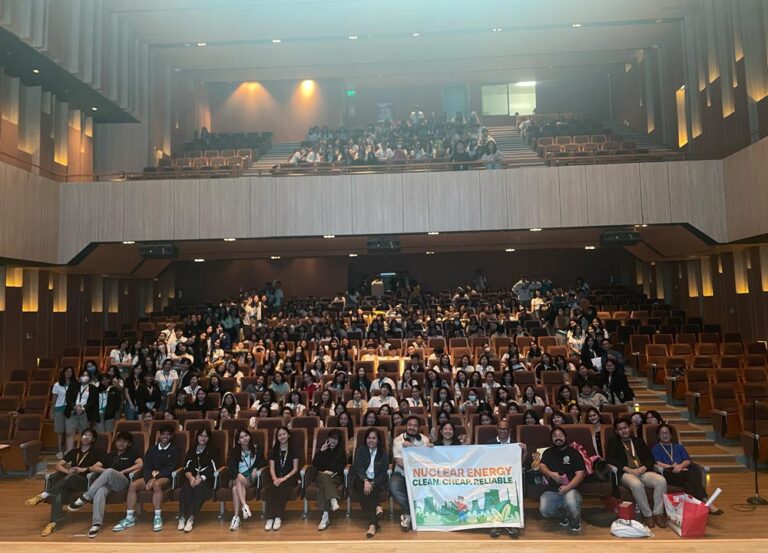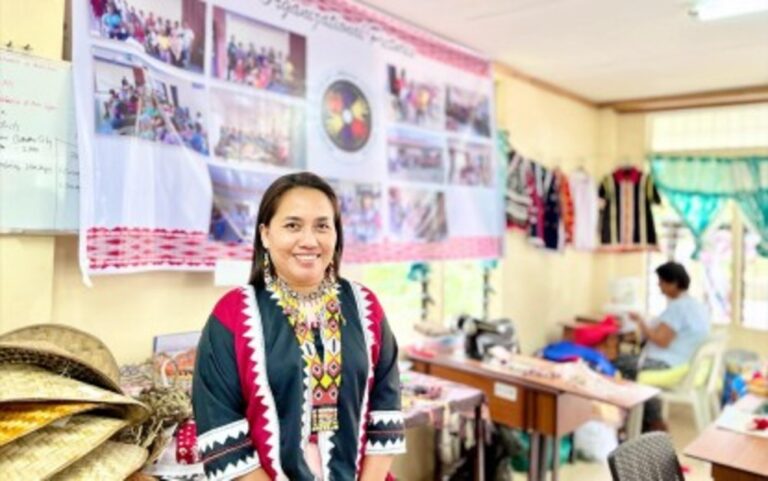The international community must raise billions of dollars more than last year to alleviate the unacceptable plight of Syrian refugees, David Cameron has warned prior to a London donor conference designed to address the consequences of the five-year Syrian civil war.
At a conference attended by 70 world leaders, including the German chancellor, Angela Merkel, the US secretary of state, John Kerry, and the Iranian foreign minister, Mohammad Javad Zarif, Cameron will on Thursday promise to double UK aid to Syria through to 2020.
“Sufficient funding to guarantee the basics of life that these refugees need must be the bare minimum expected of us,” he writes in the Guardian, calling for “a new approach to humanitarian aid in the region”. Organisers want the aid to be diverted from food handouts towards work and education opportunities for Syrians in Lebanon, Turkey and Jordan.
In a stark illustration of the intractability of the conflict, the United Nations special envoy to Syria on Wednesday put peace talks in Geneva on pause until later this month, saying he would not “talk for the sake of talking”.
“I have concluded frankly that after the first week of preparatory talks there is more work to be done, not only by us but by the stakeholders,” said Staffan de Mistura after the third day of talks. “I have indicated from the first day that I won’t talk for the sake of talking.”
Opposition forces fear the Assad regime, supported by Moscow’s bombing campaign, is gaining more strategic ground. Syrian state television and Lebanon’s Hezbollah TV reported on Wednesday that the Syrian army and allied militiamen had broken a long rebel siege of two Shia villages in northern Aleppo province – a breakthrough which, if true, would mark a major victory for government forces.
In the face of the ongoing turmoil, Cameron predicts that the pledging conference, the first to be held at head of state level, will raise billions more at the start of this year than the $4.5bn (£3.1bn) raised in the whole of last year.
Despite his bold declaration, negotiations were said to be continuing down to the wire on Wednesday night to reach $7bn. Even that would leave the UN short of the $9bn it deems necessary this year to improve schooling, access to work and help Syrians survive.
The UN only received half of the funds it sought for Syria last year, Cameron points out, and the Foreign Office minister Tobias Ellwood said unless funding was increased “another 1 million people will turn their back on Syria”.
Cameron, criticised by former Labour foreign secretary David Miliband on Wednesday for not taking more Syrian refugees in the UK, has been working the phones, including with the US president, Barack Obama, to extract bigger donations and prevent a repetition of the UN shortfall that led to cuts in food aid last year, and was a factor in the huge increase in migration to Europe.
The prime minister of Norway, Erna Solberg, who is also co-chairing the conference said it was in Europe’s self interest to do more to help Syrians. “If we don’t invest more in the neighbourhood and neighbouring countries will have an even bigger problem than we have today,” she said on Thursday
She also urged rich Gulf countries to do more to help. “I hope they all contribute much better than they did last year,” Solberg said. “Kuwait has done a great job. They are the country that has given the most money per capita. But we need more countries in the region to dig in.”
Justine Greening, the international development secretary, also urged other countries to step up their response. “It’s not just about what the UK can do, we want to also play a role in getting the rest of the international community to really take responsibility and work to help countries like Jordan, Lebanon and Turkey, who are so generous in hosting these refugees.”
Britain, already the second-largest bilateral donor in Syria behind the US, announced it would double its own funding to Syria to £2.3bn up to 2020. The announcement means the UK government’s 2015’s pledge of £255m is doubled to £510m for 2016.
The long-term funding is needed to guarantee that every child in host countries such as Lebanon has access to education this academic year, as well as to persuade extremely reluctant Lebanese and Jordanian governments to give the Syrians legal access to the labour market.
In his article for the Guardian, Cameron says the extra funding pledges should ensure that a million more children will be given an education, requiring Lebanon to double the number of Syrians in school. “A generation of refugees left out of school means a generation of young adults not only unable to get work but also more vulnerable to extremism and radicalisation,” Cameron warns.
Unless the international community does more to help the countries on the border of Syria, he warns, hundreds of thousands of Syrians will continue to “fear they have no alternative but to put their lives in the hands of evil people-smugglers and risk the prospect of freezing to death in the Balkans or drowning in the waters of the Aegean in search of a future”.
Lebanon will ask international donors for $12bn over the next five years to cope with what one minister called the “ongoing earthquake” of the Syrian refugee crisis. “The first thing you have to do is stop the bleeding,” Lebanon’s education minister, Elias Bou Saab, said at a pre-summit conference at the European Bank for Reconstruction and Development.
“It is an ongoing earthquake that we are living every day, and every day it is growing.”
Lebanon, a country of 4 million people, hosts more than a million registered Syrian refugees, according to United Nations figures.
The donor conference will see Syrian opposition parties and civil society push western governments to demand that President Bashar al-Assad’s regime relieve the sieges of towns and villages in Syria, as well as give aid agencies the chance to deliver aid.
At a civil society event in London ahead of the main conference, Syrians repeatedly urged donor governments to do more to protect Syrians. “We need a no-fly zone,” said Marcelle Shehwaro from Kesh Malek – an NGO which runs schools and community centres in Aleppo, the target of intense Russian airstrikes. “We need it to live and to survive. The problem is that people are thinking about managing the conflict, not ending it. We need to see real political pressure.”
Raed Saleh, head of Syrian civil defence – known as the White Helmets – said his organisation had 300 volunteers in areas besieged by government forces who were ready to handle relief supplies dropped from the air. “We are able to help and receive air drops if there is the political will to save people whose lives are at risk,” he said. “We have a lot of experience of delivering and distributing aid. This is a humanitarian issue. We will support anyone who helps stop the attacks.”
In Geneva, before De Mistura suspended the peace talks, Syrian opposition negotiators urged the international community to “get serious” about protecting civilians and enforcing UN security council resolution 2254. “Action, not aid, will stop this crisis,” the higher negotiations committee said.
“Syrians need concrete action from our friends to stop the indiscriminate bombardment, which is the primary killer of civilians and driver of refugees. We need action to break the sieges across Syria, including feasible options such as air drops as called for by the UN humanitarian chief, Stephen O’Brien. We need action by our friends to demand the release of thousands of Syrian detainees unlawfully held by the Assad regime,” it added.
But O’Brien told the Guardian: “The UN has not made any specific proposals on air drops, nor have we specifically called for them. But when you have such dire humanitarian circumstances across Syria it is absolutely right that nothing is ruled out. By far the best way is by road using the much larger volumes that you can do with trucks. Of course any supplies by air would be unsustainable over the long term.”
Air drops, deployed by Russia, were also “inherently risky, even dangerous” and would require a “very great deal of planning”, he said.
NGO sources say other options under consideration include chartering civilian aircraft to drop aid to besieged areas if the UN or governments are not prepared to act. Another possibility is the use of powered parachutes – ”guided precision aerial delivery systems” – launched from aircraft from neighbouring countries and steered to the Syrian drop zones by GPS.
James Sadri of the Syria Campaign said: “Donors are being asked to give $9bn and not a penny of that will reach the most vulnerable people in the besieged areas. That’s the elephant in the room. If the biggest UN aid operation in history is happening while people are starving to death something is fundamentally wrong.”(Patrick Wintour and Ian Black)
Link: http://www.theguardian.com/world/2016/feb/03/david-cameron-calls-for-billions-more-in-international-aid-for-syrian-refugees



